

View order history
EXCLUSIVE GIFTS ON THE OFFICIAL WEBSITE
Collect your favorite products
new product information




View order history
EXCLUSIVE GIFTS ON THE OFFICIAL WEBSITE
Collect your favorite products
new product information

Today's house cat is descended from the African wildcat, which was domesticated millions of years ago. The cat's wild ancestors always hunted fresh prey, which they consumed straight away. Even in times of extreme food scarcity, they would never switch to plant-based food – and despite all the efforts to turn cats into omnivores, they still exist solely on meat. Their unique metabolism is distinctly different from that of a dog. For dogs, which are descendants of the grey wolf, dietary flexibility was the key to survival. They supplement their meat-based diet with plant-based foods. Unlike cats.
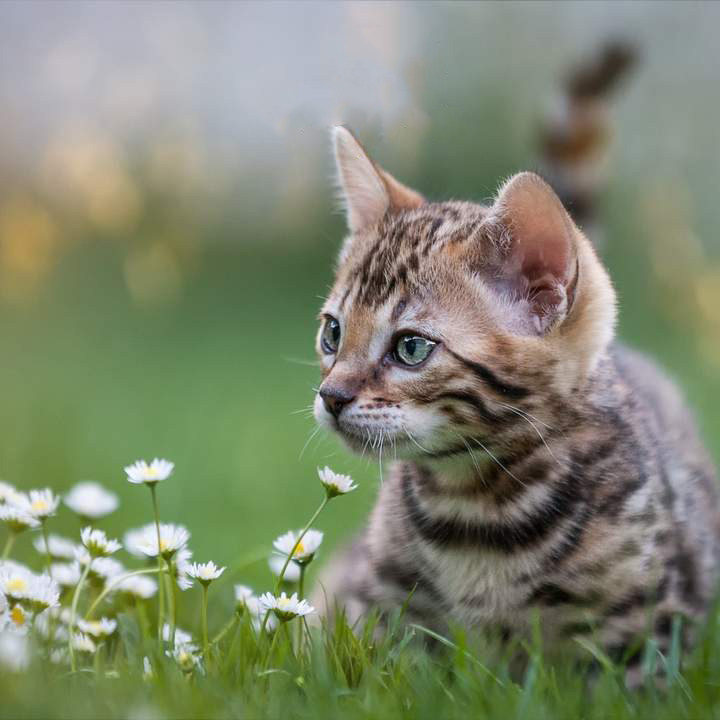
Cats are carnivores (i.e. they only eat meat). This is clearly illustrated by a cat's set of teeth, with long, pointed canines and sharp incisors. In the wild, they hunt small creatures such as birds, fish, mice and other rodents. Unlike wolves, cats do not supplement their meat-based diet through the direct intake of plant-based components. They can only source and convert energy from animal protein. Besser: The reason for this is their unique metabolism, which requires large amounts of animal protein. Therefore, the basis of a healthy and species-appropriate feline diet is an extremely high meat content.
Cats should be fed wet food for their entire lives. From an evolutionary perspective, cats are desert animals; they originally lived in the steppes, where water is scarce. They had to get their required fluids almost exclusively from their prey. When freshly hunted, these prey animals consist of 70 to 80% water, thus providing the cat indirectly with sufficient fluids. As a result, cats instinctively don't drink much water, as they are accustomed to meeting their need for fluids via their food. Sufficient water intake is essential for good kidney function, whereas insufficient fluid intake can, in the long term, increase the risk of renal problems and kidney stones. The kidneys, which are vital organs, often represent the 'Achilles' 'heel' of today' s house cats, which often suffer from renal conditions. Especially in older cats, a sufficient fluid intake via food is therefore imperative in terms of ensuring healthy kidneys.
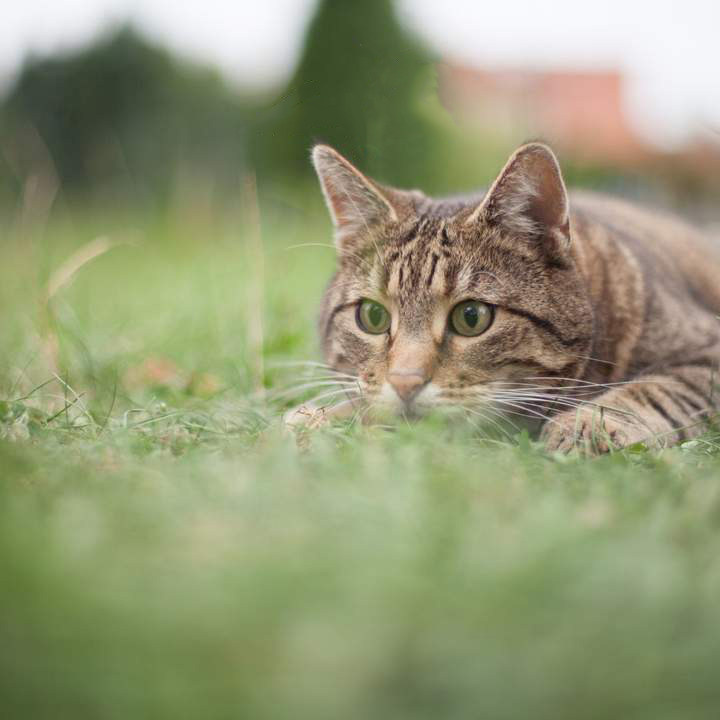
Grain plays no part whatsoever in the diet of cats in the wild. Cats lack the enzymes to break down and convert grains. Therefore, large quantities of complex carbohydrates put a huge strain on the feline digestive system and organism. Furthermore, ingesting large quantities of complex carbohydrates in the form of grain causes the pH value of the cat’s urine to move in the wrong direction (i.e. the alkaline spectrum), which can result in kidney stones and other renal problems. Furthermore, grain raises the level of urinary substances (toxins) in the blood, putting a greater strain on the kidneys. A virtually grain-free diet, modelled on the cat's natural spectrum of prey, is essential for feline health.
Cats require large quantities of fats/fatty acids. In the wild, cats ingest these important fatty acids (which are not contained in meat) via the stomach contents of their prey, which eat seeds containing oil. Omega-6 fatty acids, linoleic and arachidonic acid and the omega-3 fatty acids eicosapentaenoic acid (EPA) and docosahexaenoic acid (DHA) are essential for cats – and must be ingested in sufficient quantities via their diet.
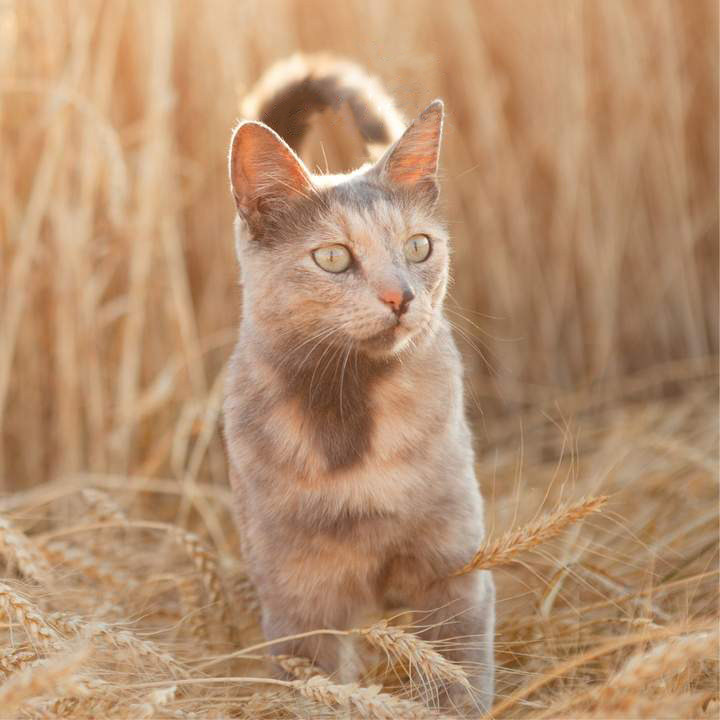
Mice represent a prey animal with a high taurine content, thus providing cats with a vital amino acid in the wild; after all, taurine is essential for cats. Cats can only produce it themselves in tiny quantities, meaning that it has to be present in their daily diet in order to prevent deficiency symptoms. In addition to its support function for the heart and eyes, taurine is also necessary for the production of bile salts during digestion, which is why cats exhibit continuous and almost profligate taurine consumption.
In order to ensure a cat's required daily intake of micronutrients, each menu is supplemented with a small quantity of vitamins and minerals. Even though Terra Felis menus undergo an exceptionally gentle cooking process, they still lose a certain proportion of their vitamins and minerals. The resulting differences only concern a handful of micronutrients and are very small indeed.
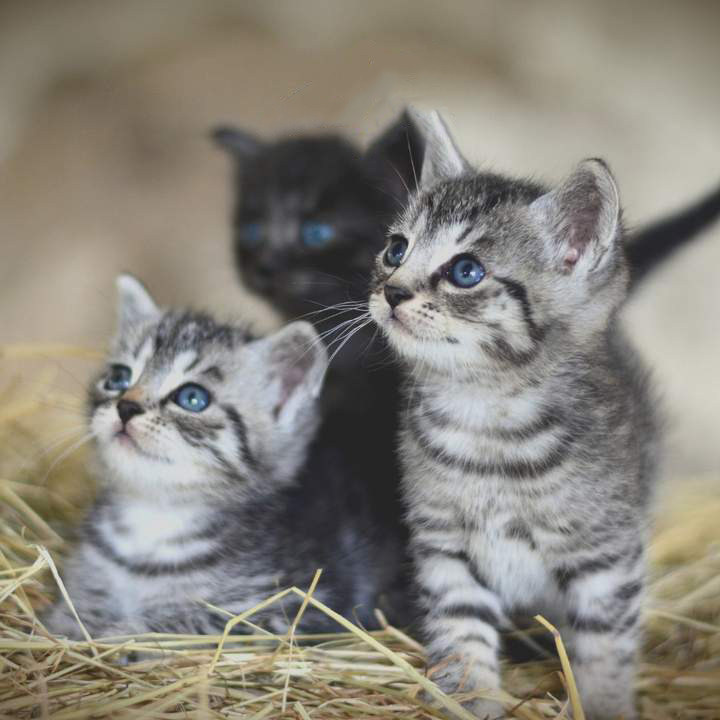
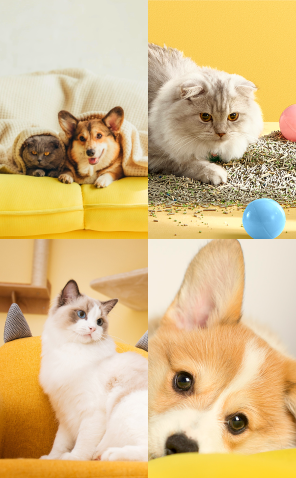

By clicking "Get Coupons", you agree to subscribe to our newsletters about new products and promotions. You may choose to unsubscribe at any time.
No, I'd like to look around first
